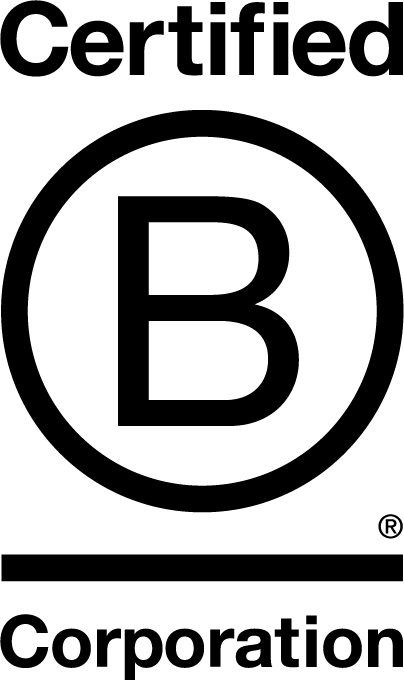The TIAA Anti-Crime Team has been made aware of housing repair scams whereby companies or individuals pressure residents, typically social housing tenants to pursue legal claims for disrepair in their homes, often with misleading promises and hidden costs. These scams, also known as ‘claim farming’, can lead to financial loss, legal complications, and even breach of tenancy agreements. Residents may be approached through cold calling, leaflets or social media.
A housing disrepair claim is a type of legal case that involves a resident taking legal action against their landlord, which may include failing to fix repairs to their home in a reasonable timeframe or failing to complete them at all. Social housing tenants may be targeted by a claims management company to encourage the tenant to make a disrepair claim against the housing association or local authority. If the tenant agrees, their claim may be sold to a solicitor who could charge extortionate fees, even if the claim is unsuccessful. Tenants may also end up with court costs despite the claim being unsuccessful.
Some claims management companies can be very persistent, which can make a tenant feel pressured into sharing personal details and engaging their services after allowing them into their homes, or pressure residents into signing contracts quickly, without proper explanation. Claim farmers may advise tenants not to allow landlords access to their property for repairs, which may breach tenancy agreements.
Some claims management companies may also be bogus, may not be able to provide an authentic company name and may provide a false callback number.
What to do if you suspect a scam:
- Be alert to anyone who contacts you unexpectedly about repairs or legal claims.
- Be cautious of suspicious text messages, emails, and telephone calls
- Do not sign anything immediately, read any documentation carefully and seek independent advice.
- Always be cautious of anyone asking for money to complete a repair or claiming to work on behalf of a housing association or local authority without providing details of the repair request or showing valid photographic ID.
- Be alert to anyone asking for money or your bank account details.
- Report the potential scam to your landlord or housing association.
- Report the scam to Action Fraud or seek advice from Citizens Advice.
- Contact your local authority or housing association Repairs Team directly using known details, such as those on the local authority or housing association’s website.
TIAA Anti-Crime Specialists can provide anti-fraud advice and review anti-fraud arrangements for your organisation.
For further information please Contact Us


